Honestly, hedgehogs are big fans of fruits. They love the sweet, fruity punch. But apparently, stuffing the hedgies with fruits can be a red flag for their health. In fact, some fruits are so toxic that they can put your pets on the deathbed.
Does it mean we can not feed our quill balls fruits at all? Of course not! Your hedgie is out of risk as long as you pick a fruit from our safe food list. So, what fruit can hedgehogs eat? You will find the safe fruit chart below.
Table of Contents
What Fruits Can a Hedgehog Eat?
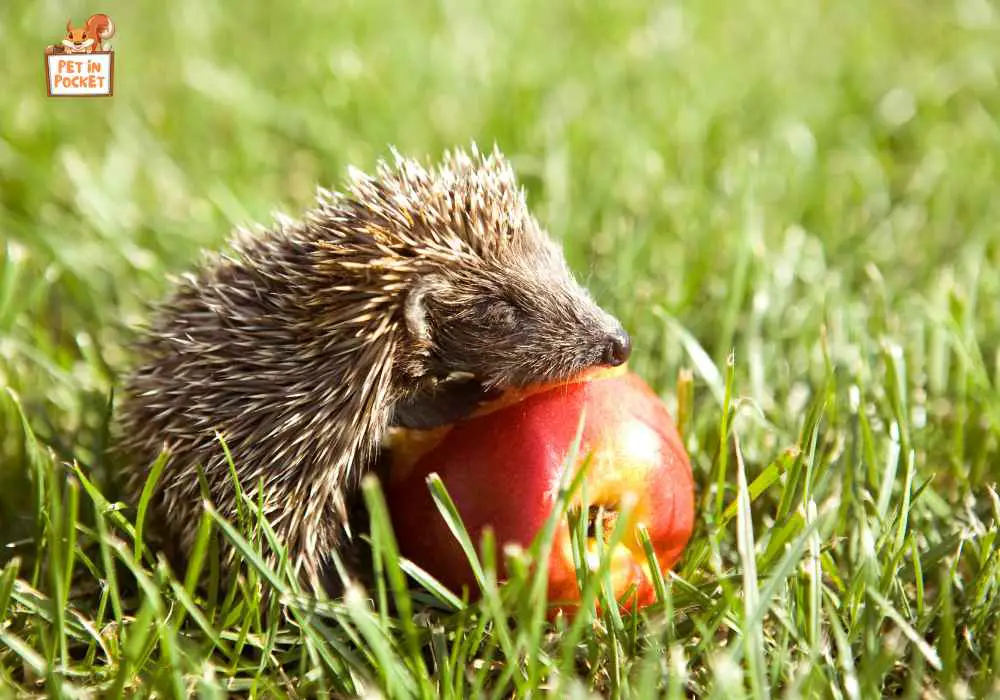
We have limited fruit choices for our hedgehogs. They can eat fruits that are low in sugar and not citrus in nature. Our safe fruit suggestion list for tiny quill balls is as follows,
| Fruits | Major Minerals |
|---|---|
| Apple | Vitamin C, Vitamin E, and Antioxidant |
| Apricot | Vitamin A, Vitamin C, Vitamin E, Phosphorus and Potassium |
| Banana | Fiber, Vitamin B6, Vitamin C, and Potassium |
| Blackberry | Fiber, Vitamin C, Vitamin K, Calcium, and Magnesium |
| Blueberry | Fiber, Vitamin C, Vitamin K, Calcium, and Magnesium |
| Figs | Fiber, Vitamin A, Vitamin K, Vitamin C, Vitamin B6, and Potassium |
| Cantaloupe | Fiber, Vitamin C, Vitamin B, and Potassium |
| Cranberry | Fiber, Vitamin C, Vitamin K, Calcium, and Magnesium |
| Cherry | Vitamin A, Vitamin C, Vitamin K, Calcium, Potassium, and Magnesium |
| Honeydew | Fiber, Vitamin B6, Vitamin C, Potassium, and Magnesium |
| Kiwi | Vitamin C, Vitamin E, Potassium, and Antioxidant |
| Mango | Vitamin A, Vitamin B6, Vitamin C, and Potassium |
| Papaya | Vitamin A, Vitamin C, and Potassium |
| Plum | Vitamin C, Potassium, Calcium, and Magnesium |
| Pears | Vitamin C, Vitamin K, and Potassium |
| Peaches | Vitamin A, Vitamin C, and Vitamin E |
| Pumpkin | Vitamin A, Vitamin C, and Vitamin E |
| Raspberry | Fiber, Vitamin C, Vitamin K, Calcium, and Magnesium |
| Strawberry | Fiber, Vitamin C, Vitamin K, Calcium, and Magnesium |
| Squash | Vitamin A and Vitamin C |
| Watermelon | Vitamin A, Vitamin B6, Vitamin C, and Potassium |
What Fruits Can Hedgehogs Not Eat?
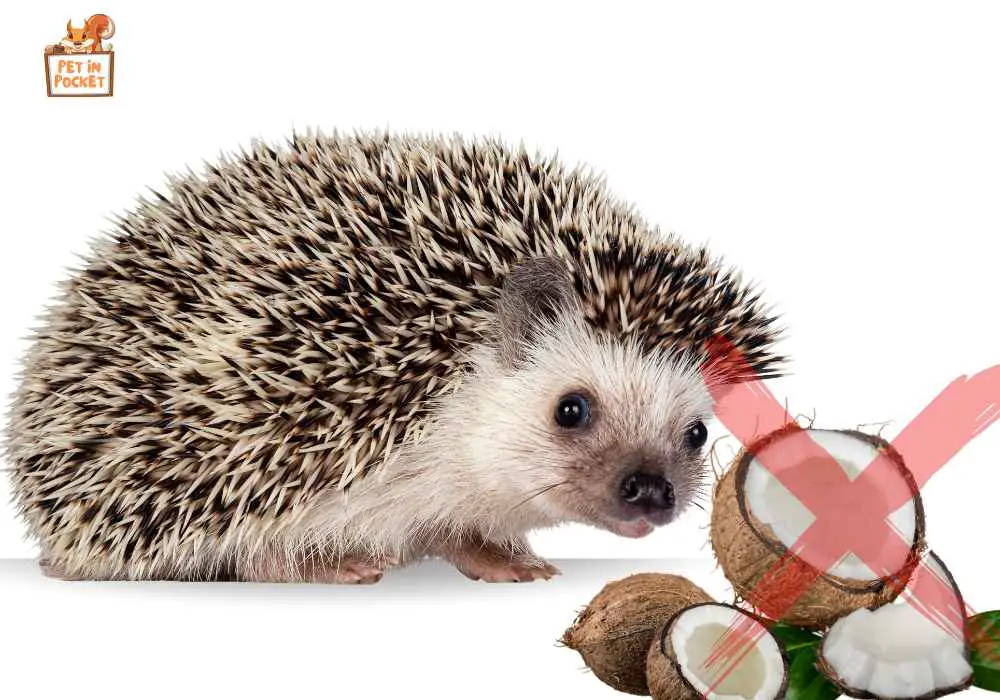
We usually do not experiment with fruits and vegetables for hedgehogs. Instead, we stick to the safe and toxic fruit list to avoid accidents. Common fruits to avoid for your quill balls are,
- Grape
- Coconut
- Raisin
- Avocado
- Lemon
- Lime
- Orange
- Pineapple
- Dried fruits
- Citrus fruits
- Dragon fruits
High-acidic or citrus fruits, such as oranges and limes, are toxic for hedgehogs. The debate on whether pineapple, fig, or dragon fruit is safe or toxic is a long story.
From our experience, dragon fruits without seeds are safe for hedgehogs. This is because the prickly pigs can not digest or process the seeds. The same applies to watermelon or any other seedy fruit.
As for the pineapple and fig, many owners claim these fruits are safe when fed in a moderate quantity. In our opinion, it is better to keep these controversial fruits out of our hedgehog’s diet chart.
Are Fruits Bad for Hedgehogs?
Fruits are not bad for hedgehogs as long as you feed them in moderation. The main problem with fruits is their sugar content. Hedgies can not process high sugar. Let it be artificial or natural.
Most of our fruits have natural sugar. So, filling the hedgehogs with fruits gives them sugar spikes. As a result, the pets suffer from diarrhoea, vomiting, lethargy, appetite loss, etc. Feeding the pets grapes and avocados leads to kidney and organ damage.
However, we should not always portray fruits as bad for hedgehogs. Just imagine how much protein these creatures have in a day. They must need fibers to process the protein.
Fruits, as an excellent source of this fiber, help them break down the protein. Besides, the minerals and vitamins also boost the immune system of the hedgies, keeping them fit.
How Much Fruits Should You Feed Your Hedgehogs?
Fruits are not a staple diet for the hedgehogs. Consider fruits as occasional treats for these pets. Experts suggest that mixing fruits and vegetables with high protein backs up all mineral requirements of hedgehogs.
We add one tablespoon of fruits and vegetables to our hedgie’s meal every few days. Sometimes, when our quill ball is on its best behavior, we offer it diced fruits as a reward.
How to Feed Fruits to Your Hedgehogs?
Our hedgehogs can not eat whole fruit like we do. They are very bad at munching hard texture. Here is the trick we use to feed fruits to our hedgies.
- We cut the fruits into small cubes and sometimes crush them a little.
- Seeds can be extremely poisonous for the hedgies. So, we remove seeds from the fruits.
- Fruit skins can cause constipation in hedgehogs. Hence, we deskin the fruits (e.g. berries) before serving them to the pets.
- We serve new fruits in small quantities. It is advisable to increase the portion only when the pets get familiar with the taste.
What Are The Benefits of Feeding Hedgehog Fruits?
Fruits do not benefit hedgehogs the same way they do us humans. But come on! Fruits are not entirely useless. They are still a rich source of vitamins and minerals. In fact, feeding the hedgies small fruit portions can help them live a healthy and fit life. Some advantages of feeding hedgehogs fruits are,
Vitamin A
Sufficient vitamin A ensures the hedgehogs have healthy eyesight. Besides, the vitamin can prevent mouth infections, eye infections, and respiratory disease.
Vitamin B6
The complex vitamin B6 takes care of the nervous system and relaxes the hedgies. It fuels the quill balls to stay active.
Vitamin C
Vitamin C is an immune booster in hedgehogs. It also improves the bone health of the pets.
Vitamin E
Owners often offer the hedgehogs vitamin E supplements for shiny and healthy quills.
Fiber
Fruit fibers are of great help to break down and absorb the ingested protein. Hedgehogs enjoy better digestion due to fiber.
Calcium
Adequate calcium improves the bone health of hedgies. It prevents metabolic bone disease, osteoporosis, and limping conditions.
Why Is My Hedgehog Not Eating Any Fruits?
Generally hedgehogs do not mind a sugary, fruity punch. But let’s not generalize all the hedgies. As you know, these tiny quill balls have food preferences. Hence, it is possible that your hedgehog does not like high-sugary fruits at all.
Again, sometimes, when you feed the hedgies the same old treat, they get bored. It might make them refuse the tasty treats. Experiment with the safe fruits to bring variety to the hedgehog’s taste bud.
What Do Hedgehogs Eat As Pets?
Fruits are only occasional treats for hedgehogs. They are mainly insectivores. It means hedgies devour worms and insects like crazy. Their meal consists of mealworms, earthworms, waxworms, crickets, lizards, frogs, etc.
Hedgehogs will eat vegetables and fruits in small portions to balance the diet. In captivity, owners add commercial pellets made for hedgies to the meals. Otherwise, the pets are at risk of suffering from mineral deficiency.
Conclusion
Hedgehogs can safely consume a selected number of fruits. Apples, bananas, melons, berries, cherries, cantaloupes, honeydews, etc., are commonly seen in the hedgie’s meals. However, large fruit portions are dangerous for our quill balls. We advise adding fruits in a moderate quantity and occasionally.
Finally, raisins, grapes, avocados, onions, garlic, etc., are toxic to hedgehogs. You must avoid them at all costs.
FAQ
What Fruit Can Hedgehogs Eat Everyday?
We do not recommend feeding hedgehogs fruits every day. Fruits are high in sugar, which can ruin their health. Instead, we recommend offering fruits as occasional treats to reward good behavior.
Can Hedgehogs Eat Carrots?
Items like carrots and potatoes are rich in starch. Though starch is not poisonous for hedgehogs, their digestive system takes a toll processing this carb. The pets feel uncomfortable after a starchy meal. Hence, you should not feed hedgehogs high-starch items like carrots, yams, rice, and potatoes.
Can Hedgehogs Eat Grapes?
Most professionals mark grapes as red flags for hedgehogs. They claim that grapes can cause kidney damage to our little prickly balls. We advise you to seek immediate help if your hedgies accidentally ingest grapes. However, some suggest tiny pieces of grapes are safe for hedgehogs. We highly discourage you from experimenting with your pets’ health.
Can Hedgehogs Eat Mango?
Mangoes are rich in fiber and vitamins. Hence, they are entirely safe for hedgehogs. However, the natural sugar content in mangoes is also high. It might cause diarrhea and vomiting in the pets. Thus, always feed the hedgehogs mangoes in moderation.
What Is the Hedgehog Favorite Food?
Hedgehogs are insectivores, meaning their meals mostly include insects and worms. Their favorite food items are earthworms, creepy crawls, mealworms, waxworms, crickets, etc. Hedgies also eat vegetables and fruits in small portions.
What Is a Hedgehog’s Favorite Fruit?
Hedgehog tastebuds vary from one another like their personalities. So, one hedgie may be hooked on apples while another hates even the smell of it. In general, the common fruits in a hedgehog diet chart are bananas, apples, mangoes, cantaloupes, melons, cherries, berries, etc.
Can Hedgehogs Eat Onions?
The onion contains persin, which is toxic to hedgehogs. Feeding the quill balls onions leads to vomiting, diarrhoea, lethargy, and loss of appetite. Similarly, you must avoid garlic and avocado, which also contain persin.

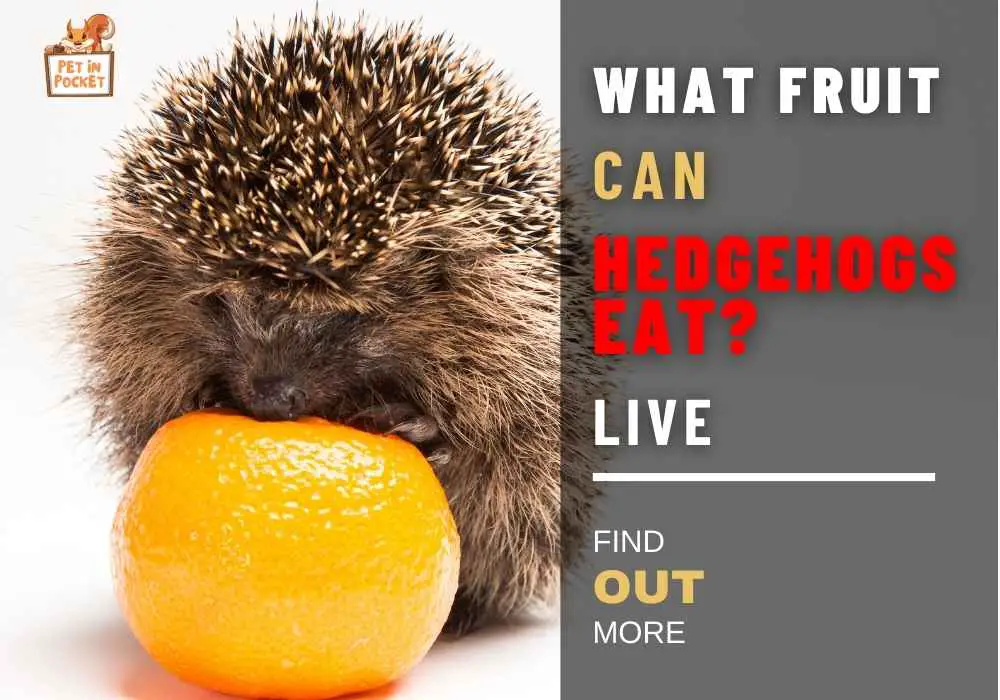

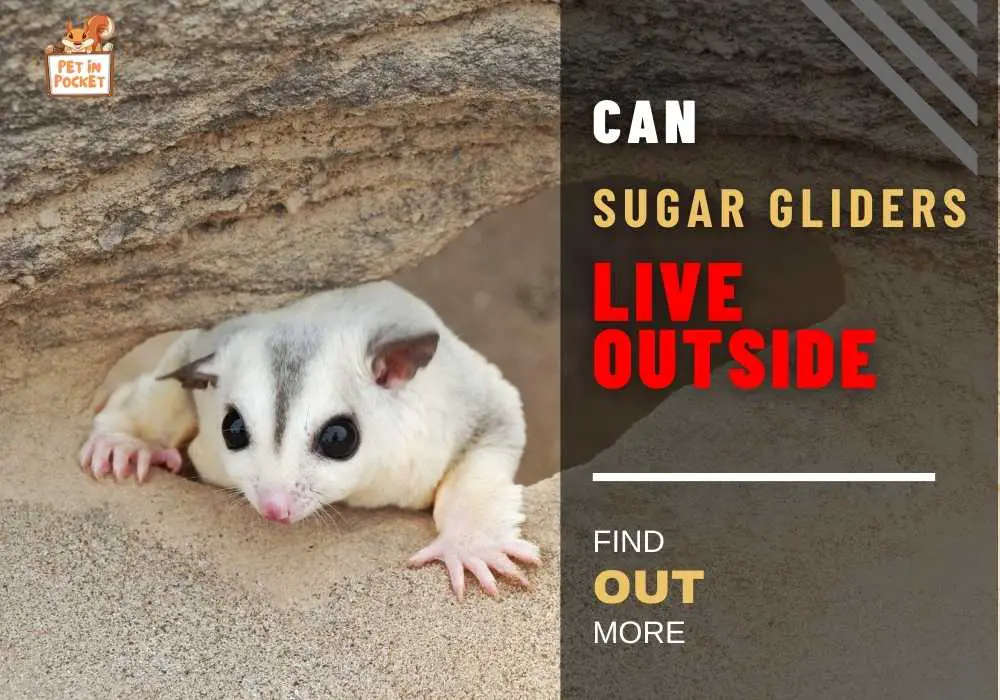
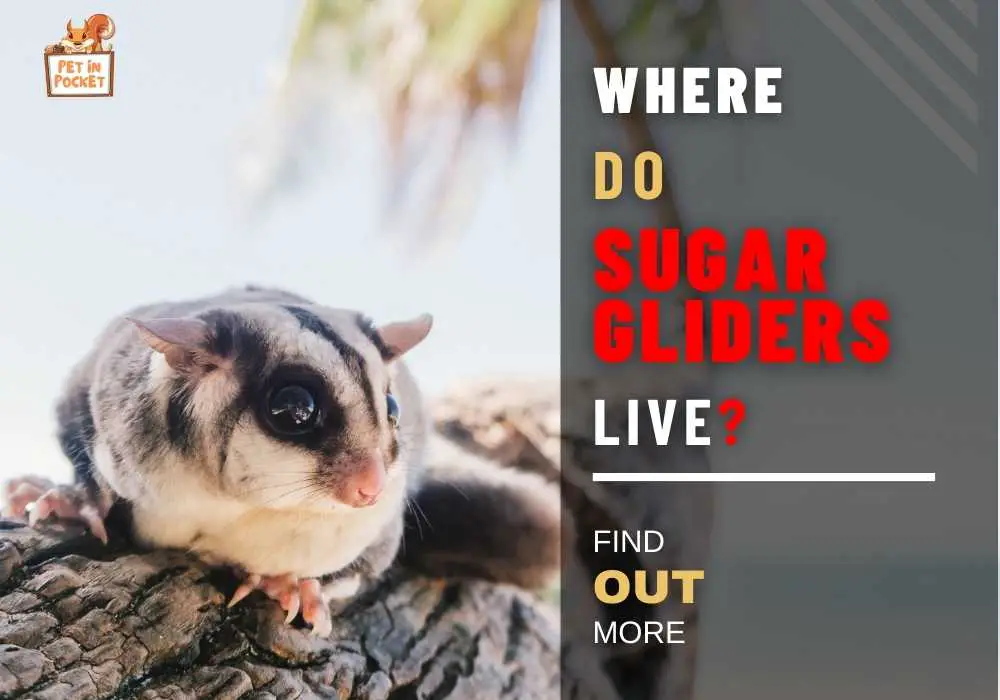
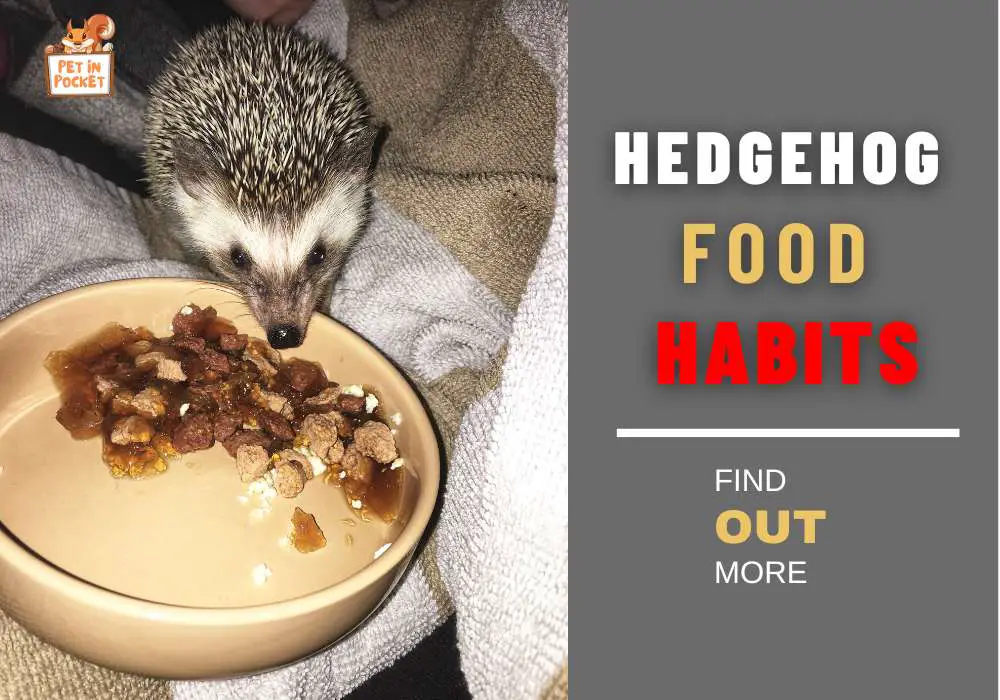
Leave a Reply